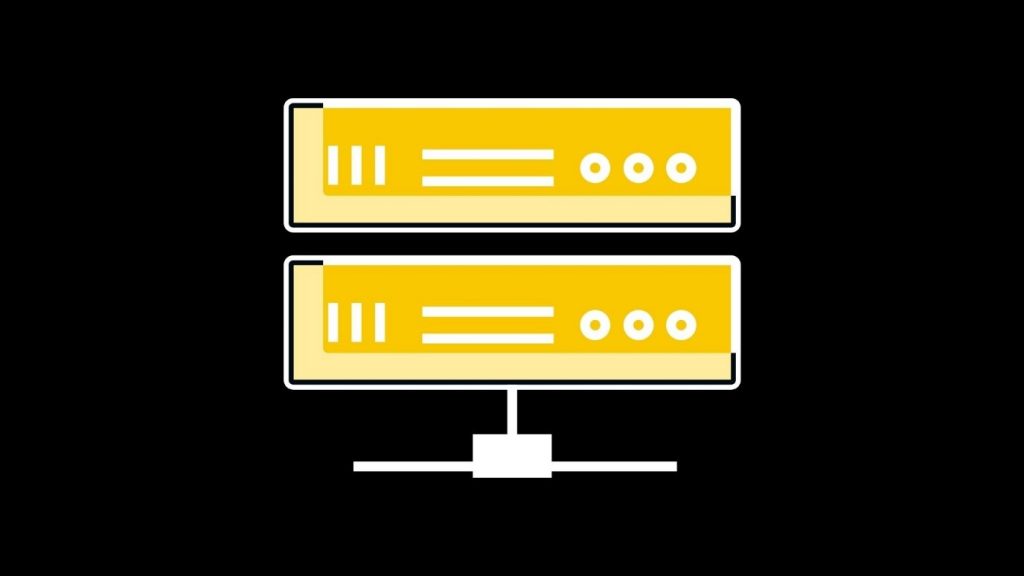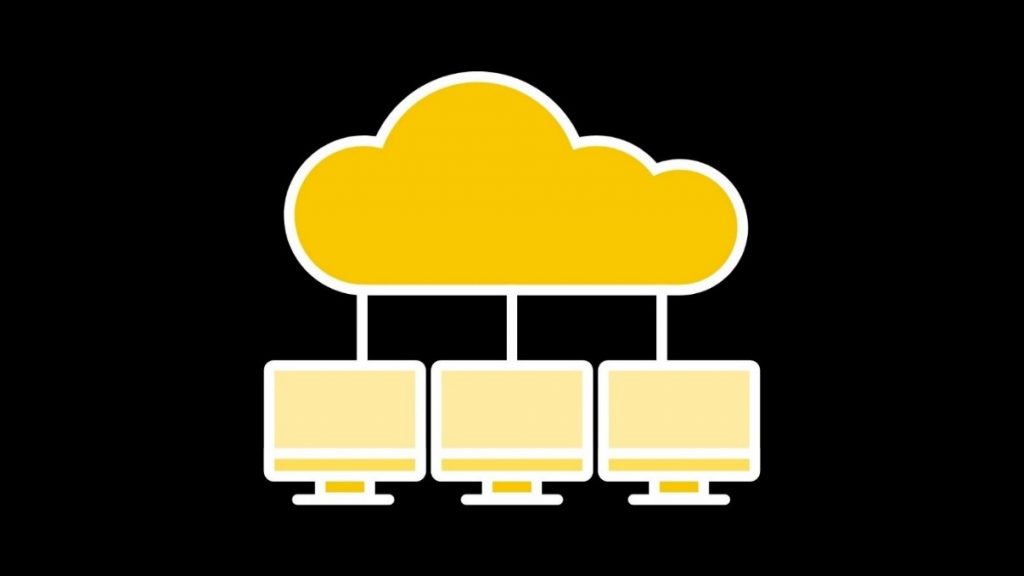An Easy Guide to The Ins and Outs of Web Hosting
To most business owners, web hosting is often a mysterious aspect of website development, so choosing the right host is often a path less accurately travelled. However, this is an essential step in the process and should be given due attention.
Why is that? Well, your host dictates how well your site can hold up against heavy traffic, its storage capacity, its ongoing costs, and whether you have control of your server.
The good news is, navigating these waters doesn’t need to be incredibly complicated. With the right goals in mind and an understanding of your business’ needs, you’ll find a hosting platform that works for you. First, let’s start with the basics.
What is a web host?

First things first: you need to know what a web host is before you can pick the right one.
Once you’ve built your website and sent it live, it essentially needs a place to ‘live’ while online. To appear online, websites need to be hosted on powerful hardware suites called servers, which house all the information and data associated with that website. Back-end media and additional files live on the server, alongside your live website. This is why some servers need to be so large; some of them host multiple sites at a time.
A web hosting company will have a network of servers they use to ‘rent out’ space to website owners. They provide both the technology and the space to make your website accessible online, which is why web hosts are such an important part of the equation.
It’s important to note, however, that not all web hosts are created equal. Different server configurations have different strengths, so it’s up to you to choose the right one.
Things to consider when choosing a web host
Let’s break that last point down a little further. Servers can either host a single site or handle multiple websites at a time; it all depends on the company that owns them. Your job is to choose a hosting company that can meet your website’s needs.
There are four key things to keep in mind when hunting for a host:
- Storage Space. How large is your website? How much space do you need to keep it running optimally? Do you need an entire server dedicated to your site, or can you share it with others? Typically, smaller sites that are just starting out, personal blogging sites, or small business sites can share server space no problem. If you’re in need of e-commerce website support, a larger space would do well.
- Bandwidth. Bandwidth refers to the server’s ability to process many visitors at once. If you’re expecting your site to get a lot of traffic, picking a server with more bandwidth and processing capability is essential. Once again, if your site is on the smaller side (around 5,000 monthly visitors), it’s safe to choose the less comprehensive option.
- Control. Do you need to have full control of your server’s specifications, or are you happy to let the web hosting company take care of the bulk of the work? Managing a server takes up extra time and resources, so make sure you have the capabilities required if you choose more control.
- Cost. Finally, there’s cost. The more space and bandwidth your site requires, the more it’s going to cost. When hunting for a host, you need to be sure of what your monthly budget is and look into the future to be sure you can handle any changes to the cost structure (should they arise).
Your Web Hosting Options

Shared Hosting
This is the most basic hosting type, offering a cost-effective solution for smaller websites that are just joining the internet. If you choose shared hosting, you’ll be sharing server space with other smaller websites. Therefore, the bandwidth and storage space will be smaller, but your monthly costs will be far more manageable than if you had a dedicated server.
If your site is small, entry-level, or you simply can’t afford the larger server space yet, this might be for you. Sites expecting no more than 10,000 to 20,000 monthly visitors will do well with this.
VPS Hosting
Virtual Private Server (VPS) hosting is the next step up from shared hosting, as you’ll be sharing a server with far fewer websites than before. Instead of a standard single server, the server hosting your site will be divided into multiple virtual servers, providing a private and customisable platform for your site.
This is a cost-effective way to upgrade your bandwidth and storage, creating a dedicated resource pool without the high dollar amount.
Dedicated Hosting
Dedicated hosting is exactly what it sounds like; an entire server is solely dedicated to your website. The server belongs exclusively to your website, allowing it to operate at peak performance levels with more uptime and lightning-fast speeds.
This is the best type of web hosting, but it is also the most expensive (both in terms of time and money). You’ll pay for all the space and bandwidth a dedicated server provides, plus you’ll have full control over the server’s configuration and software settings. Any changes you choose to make are entirely your prerogative.
If you’re an enterprise-level company expecting more than 100,000 monthly visits, this likely the best option for you.
Cloud Hosting
Finally, we have cloud hosting. They say it takes a village to raise a child, and when it comes to your website, cloud hosting takes a very similar approach. Multiple remote servers are used to maintain your site, so if one fails or experiences an issue, the others will fall in to pick up the slack.
You can think of this as an upgraded VPS hosting plan, as your site will experience more uptime. Not to mention, this is completely scalable, so you can keep a site of any size on a cloud hosting program. You pay for the resources you use—no more, no less—and you can control your consumption via an admin dashboard. It’s the future of web hosting.
Talk to FutureLab about which web hosting option is best for your business’ needs.
We’re online experts, offering an innovative and client-focused approach to web development, design, and hosting. If you’re entering the online world and need advice on your hosting choices, simply reach out to us for a consultation on your needs.
We also provide a WordPress retainer service to make sure your site enjoys the highest possible uptime all year round. Reach out to the expert team at FutureLab for more information today!